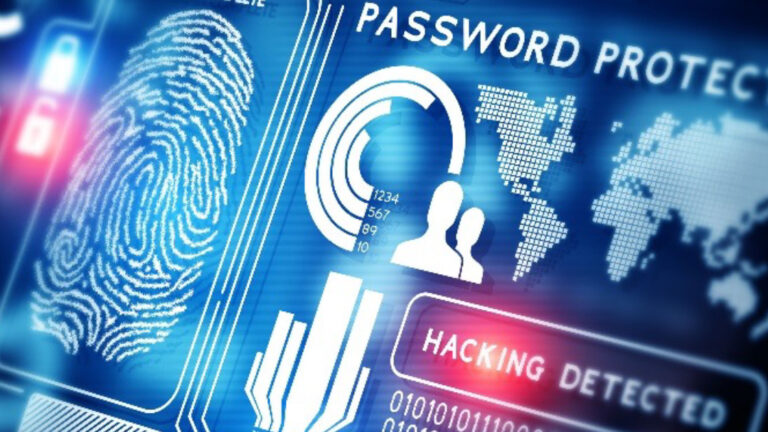Organisations worldwide are grappling with a mounting tide of cybercrime, with estimates from Cybersecurity Ventures projecting that cybercrime will cost the world a staggering $8 trillion in 2023; a number expected to soar to $10.5 trillion by 2025.
The fact that businesses in Africa are not immune to this cybercrime deluge was a point under discussion at a recent joint HEITSA event, hosted by Premier Corporate Partner Datacentrix, a leading hybrid ICT systems integrator and managed services provider, and Integralis.
The two organisations looked at the controls, processes and technologies that African businesses can put in place to help mitigate this risk as we move into a new era, in particular exploring the Zero Trust model as a transformative approach to authentication and identity verification.
“Zero Trust has evolved into a comprehensive framework, with identity as its central pillar,” explained Francois Jacobs, Business Unit Manager at Datacentrix. “That is, knowing who someone is, where they are coming from, and how they are attempting to access data. Within the context of higher education and other sectors, the management of identities can present unique challenges and opportunities.”
Said Almero Steyn, CTO and identity, governance and administration lead at Integralis: “The scale and diversity of identities within higher education can be complex when compared to enterprises in other sectors, where you would typically find full-time employees and contractors, as well as long-terms vendors and so on.
 “Higher education institutions have a diverse array of identities, including students, faculty, administrators and even visiting professors and examiners. Managing the lifecycles and verifying the identities of individuals that don’t exist in strong, authoritative sources of identity can be a significant challenge.”
“Higher education institutions have a diverse array of identities, including students, faculty, administrators and even visiting professors and examiners. Managing the lifecycles and verifying the identities of individuals that don’t exist in strong, authoritative sources of identity can be a significant challenge.”
Adoption resistance with regards to the adoption of new technologies can be another hurdle, particularly in a setting where connectivity issues and remote learning can be commonplace.
“We also see, quite often, that legacy platforms are still in use within these environments, which may not support these newer methods of authentication and analysis and identity management systems, or the required telemetry to support the Zero Trust framework,” Steyn continued.
On the flip side, the shift towards cloud-based learning platforms and hybrid education has provided a unique opportunity for the adoption of Zero Trust within higher education, as it allows for better validation and verification of users, like those visiting professors, who fall outside the network perimeter.
Trust can no longer rely solely on network parameters or application-centric thinking, added Jacobs. “The Zero Trust framework provides a comprehensive approach that empowers organisations, including those in higher education, to manage access through a lens of trust that extends to identity, context, and data.”
For more information, please contact Datacentrix’s Francois Jacobs on 083 602 5857, or via email on [email protected]

